Parth Shah
Stories
-
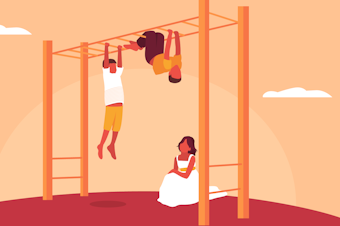
Can A Child Be Raised Free Of Gender Stereotypes? This Family Tried
"Be the change you wish to see in the world." It's a popular quote that's made its way onto coffee mugs and bumper stickers — but it's not the easiest principle to live. On this week's Hidden Brain, we meet Royce and Jessica James, a couple who decided to raise their daughter in a gender-neutral way. It was far harder than they ever could have imagined. For further reading on children and gender norms, visit us at https://n.pr/2AmmiW1.
-
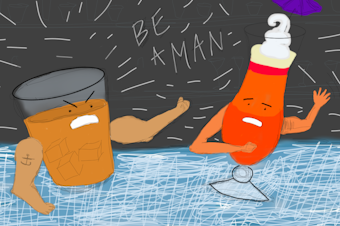
"Man Up": How A Fear Of Appearing Feminine Restricts Men, And Affects Us All
You've certainly heard some variation of the phrase "be a man." But what does that even mean? This week, we question our existing definitions of masculinity. We'll meet a man who works in a field traditionally considered "women's work." And we'll hear from a researcher who says manhood is "hard to earn and easy to lose."
-
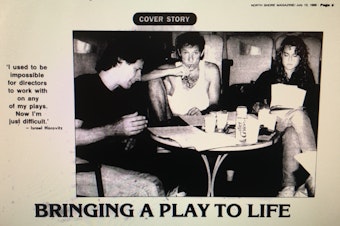
The Psychological Forces Behind A Cultural Reckoning: Understanding #MeToo
Nearly a quarter century ago, a group of women accused a prominent playwright of sexual misconduct. For the most part, the allegations went nowhere. In 2017, in the midst of the #MeToo movement, more women came forward to accuse the same playwright of misconduct. This time, everyone listened. On this episode — originally broadcast in February 2018 — we explore the story through the lens of social science research and ask, "Why Now?" What has changed in our minds and in our culture so that allegations of sexual harassment and assault are being taken more seriously than they were in the past? A note: This story includes descriptions of sexual harassment and assault. It may not be suitable for all listeners.
-

BS Jobs: How Meaningless Work Wears Us Down
Have you ever had a job where you had to stop and ask yourself: what am I doing here? If I quit tomorrow, would anyone even notice? This week on Hidden Brain, we talk with anthropologist David Graeber about the rise of what he calls "bullshit jobs," and how these positions affect the people who hold them.
-
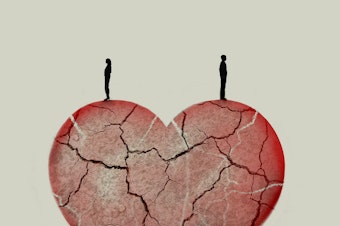
You 2.0: When Did Marriage Become So Hard?
There are signs it's getting even harder. In this episode, we explore how long-term relationships have changed over time and whether we might be able to improve marriage by asking less of it.
-
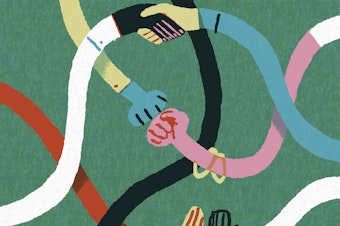
The Edge Effect
There is great comfort in the familiar. It's one reason humans often flock to other people who share the same interests, laugh at the same jokes, hold the same political views. But familiar ground may not be the best place to cultivate creativity. From science and business to music and the world of fashion, researchers have found that people with deep connections to people from other countries and cultures often see benefits in terms of their creative output. This week on Hidden Brain, we look at the powerful connection between the ideas we dream up and the people who surround us, and what it really takes to think outside the box.